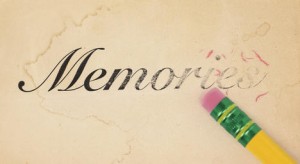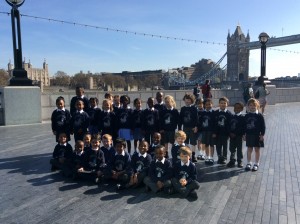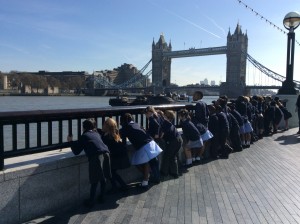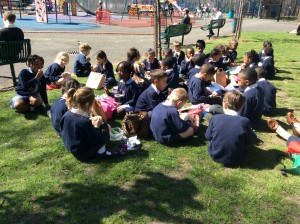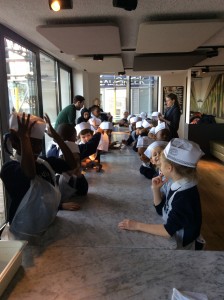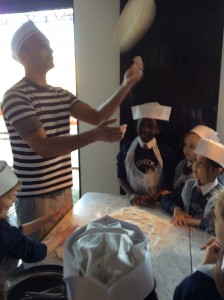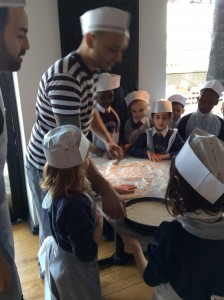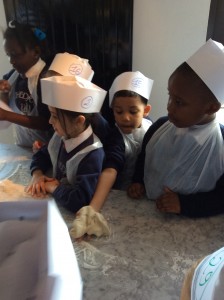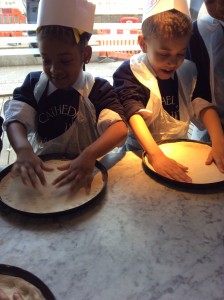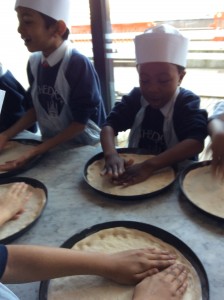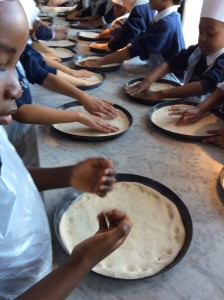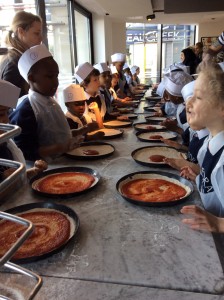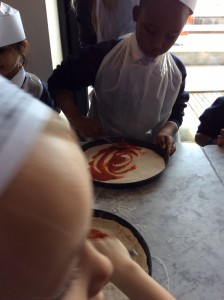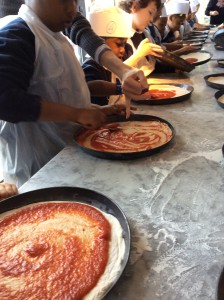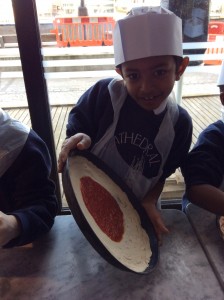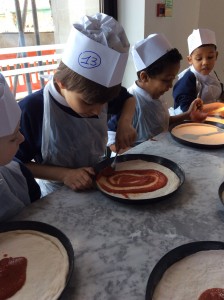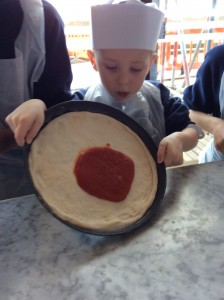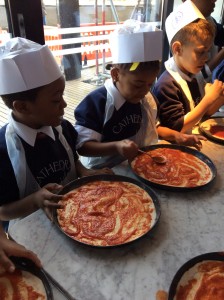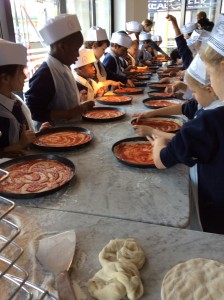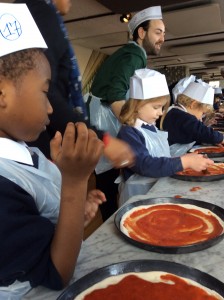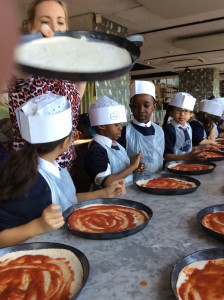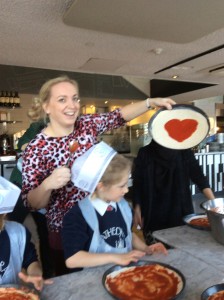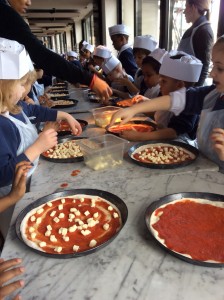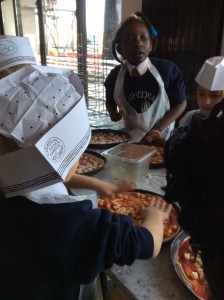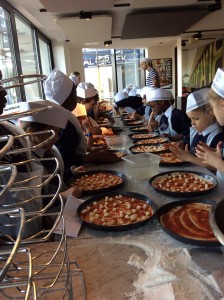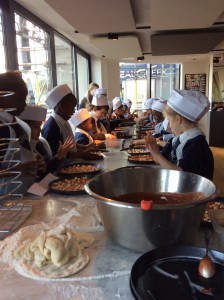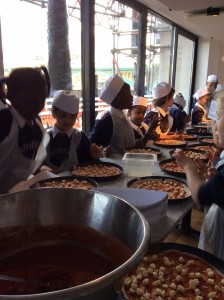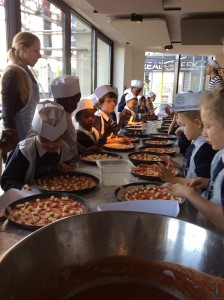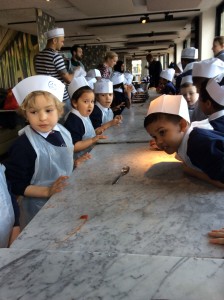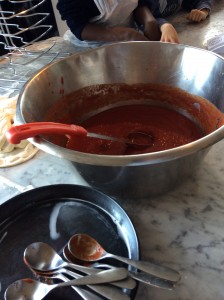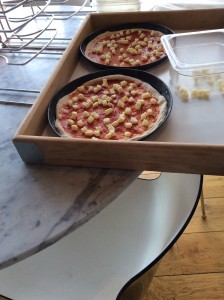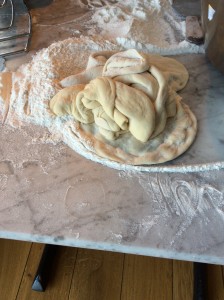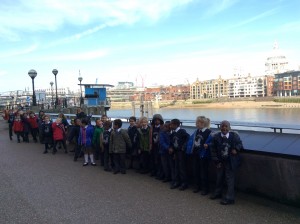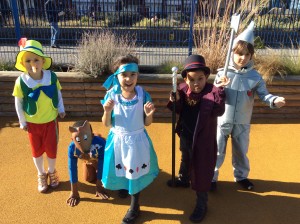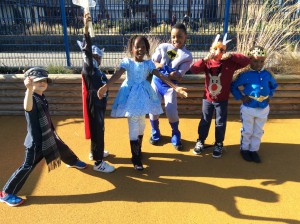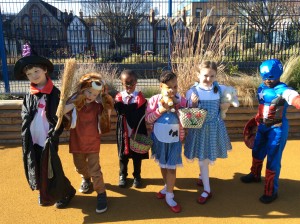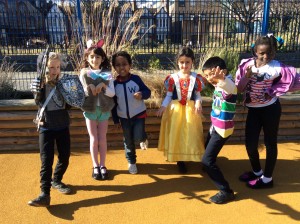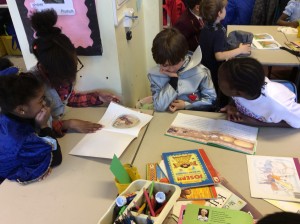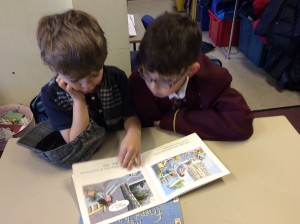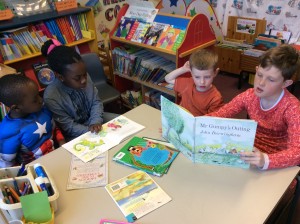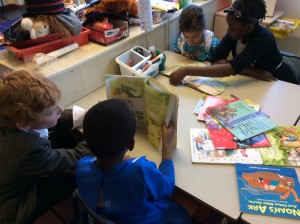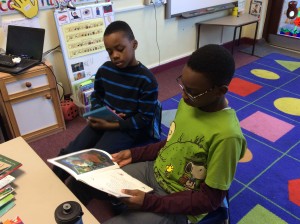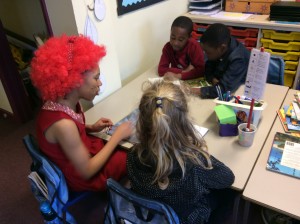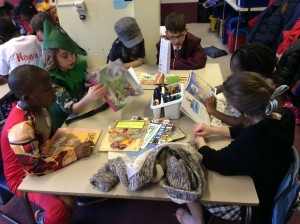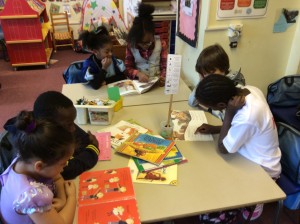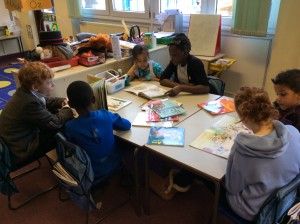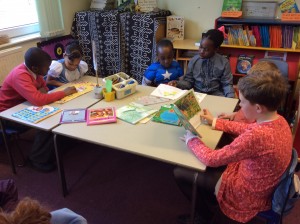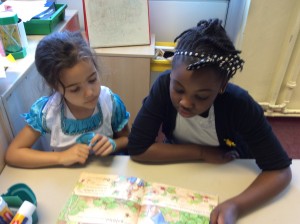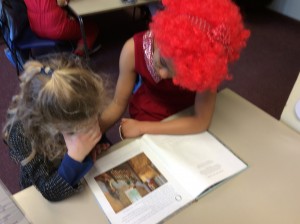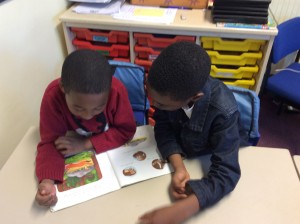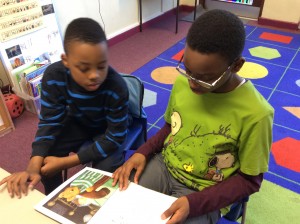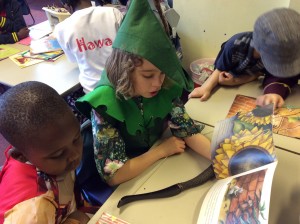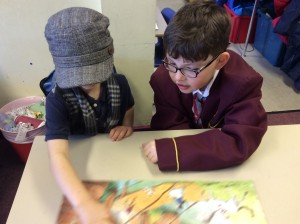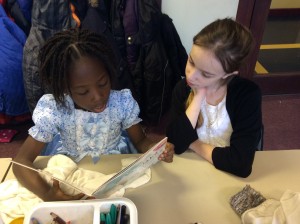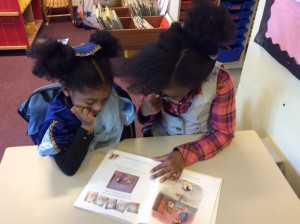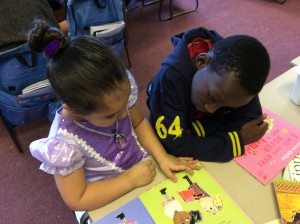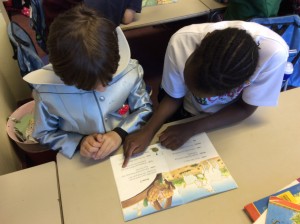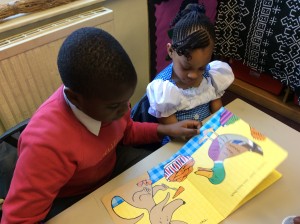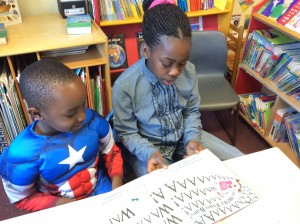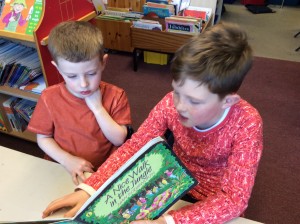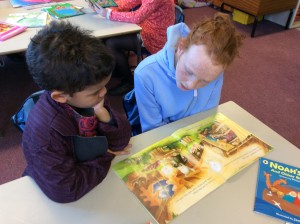Author: nscade
Animal Adaptations
The Velveteen Rabbit at The Unicorn Theatre and London in the sun!
On our way to watch The Velveteen Rabbit at The Unicorn Theatre, we stopped off to take in a few sites by the river. We had such a wonderful day and even had our lunch in the park!
What was your favourite part of the play?
How was the play different from the book?
How is a theatre different from a cinema?
Which famous London landmarks can you see in our photos?
Head Chefs
Fabulous Book Day Characters!
Story Writers
The BBC are currently running a short story competition. To enter, children are to submit a fictional short story. There are 2 age categories 5-9 years and 10-13 years. The closing date is the 26th February. Here is the link to the website, which gives you further information. http://www.bbc.co.uk/programmes/p00rfvk1
If your child wishes to take part they can write their story on paper and bring it into school. Alternatively you can help them type it up and insert it as a comment into this blog post.
I have included some images above that you may wish to use to support your child with ideas for their story. For example, where will the story be set? Who will the main characters be? What exciting or mysterious events will take place?
It is important that this is your child’s own work but some adult support, particularly if typing the story up, is encouraged.
.
Spellings
Ways to support your child with their spellings
Sounding out, applying their phonic knowledge. Encourage them to think about whether or not the sounds they are hearing are made by more than one letter. For example ar in car and igh in light.
Make large flash cards that can be placed around the home/bedroom.
Look, say, cover, write, check – Children look at the word, say it out loud and then cover it up to spell it from memory. They then uncover the word to check whether or not they have spelt it correctly.
Talk about the meanings of each word. Use a dictionary to show how to find out the meaning if they are not sure.
Does the word have an opposite? For example, up – down, him – her.
Support your child to write sentences, stories and poems containing the week’s spellings.
Play word snap, making pairs of each word.
Use memory devices such as mnemonics. Make up silly sentences/phrases using words that start with each letter. For example, are – angry red elephants , some – scary ostriches make eggs
Have fun writing words in the air, on different textures e.g. sand, condensation, paint.
Challenge your child to make a silly sentence using as many of the week’s spelling words as possible in one sentence.
Ask your child to identify the vowels and consonants in the word by colouring them in different colours.
Jumble the letters up and see if they can then unscramble them to spell the word correctly.
